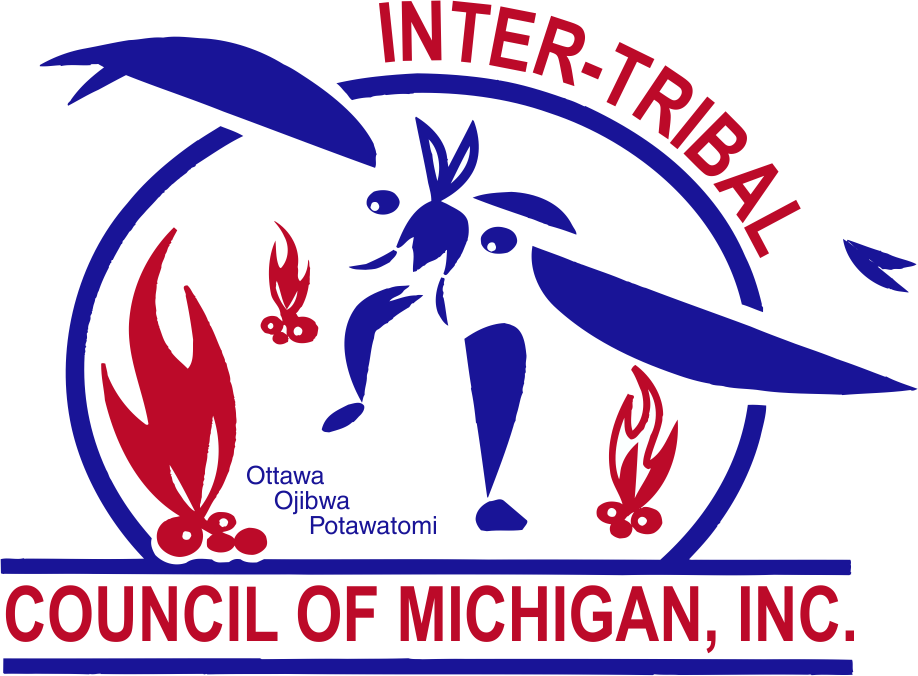Category: Health Ed – Highlighted Resources
Health Ed - Highlighted Resources
Kwe Brave
Kwe Brave resource page for Native American breast cancer survivors and caregivers. Kwe is the Ojibwe word for women and aims to honor our sisters that face cancer diagnosis.
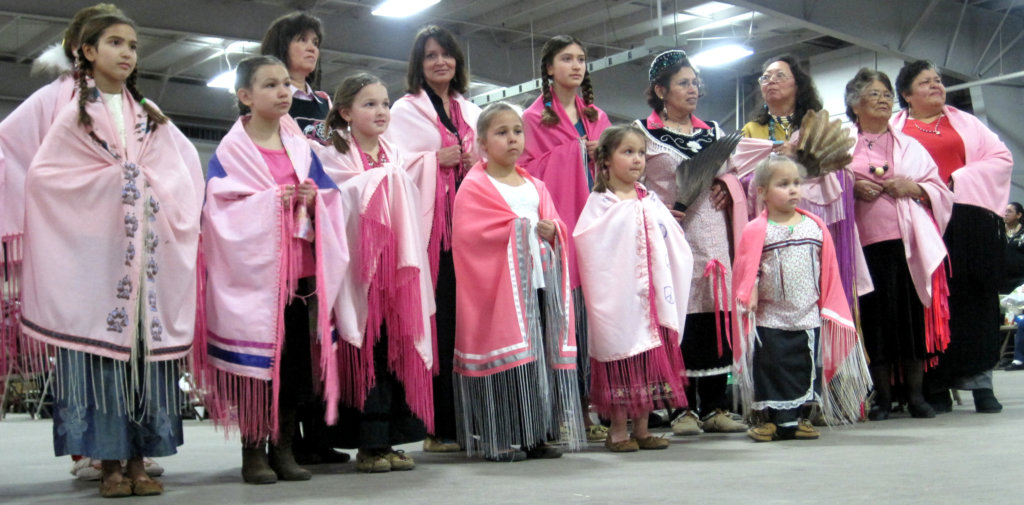
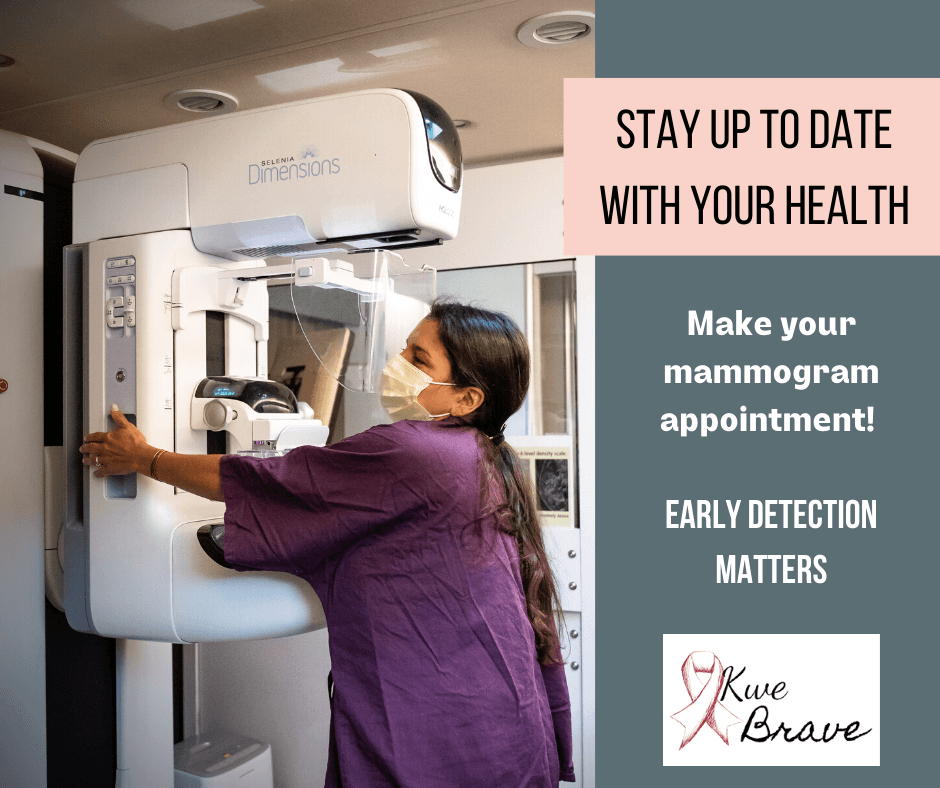
Recent Resources
Breast and Cervical Cancer Navigation Program:
Questions to Ask Your Doctor After You Finish Treatment– Cancer.gov
Managing and Preventing Side Effects (from cancer treatment)- Cancer.gov
3 Blogs to Read about Mastectomy and Reconstruction:
Advocating for Your Health and Breast Cancer Survivorship
NEW: Patient Guide to Cancer Support Services 2021– Guide to financial support resources for cancer treatment.
You’re Too Young To Have Cancer -Blog from Conquer patient voice magazine
How to advocate for yourself as a cancer patient
Talking about breast health with your doctor– quick tips
Talking with your breast surgeon – mastectomy expectations and help
Breast Cancer Screening
What to expect at a mammography appointment– American Indian Cancer Foundation webinar recording
- Mammogram myths and facts
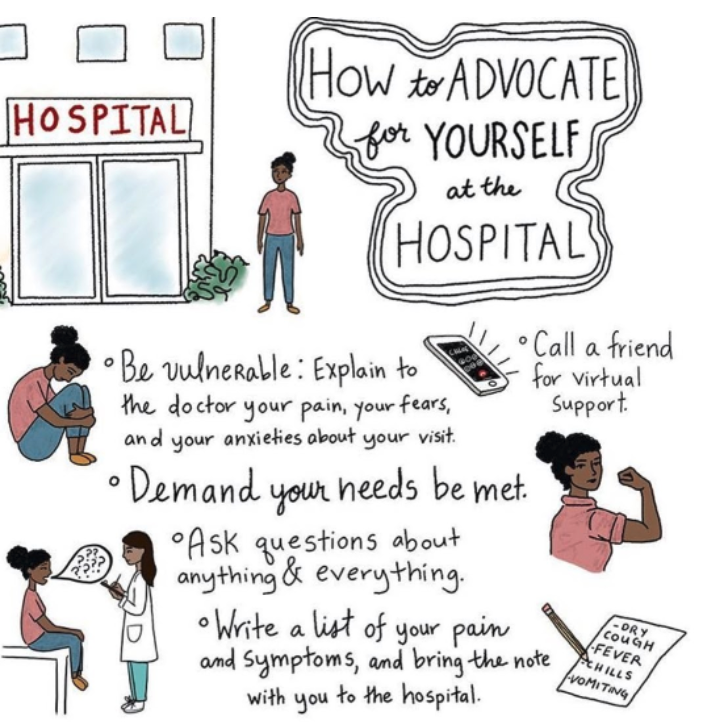
illustration by @quietcreature and @iischristy
Nutrition, Food Access, and Cancer Survivorship with Kwe Brave, Inter-Tribal Council of Michigan, and the American Indian Cancer Foundation

Social and Emotional Support
How to tell someone you have cancer
Talking to your kids about cancer– webpage with helpful advice for telling your kids about a cancer diagnosis and what to expect from the conversation
Peer Support- You are not alone in being a breast cancer survivor. The Young Survival Coalition has great blogs on mental health and breast cancer
Managing Breast Cancer as a Single Mom- Blog Post
Tips for Coping with COVID-19 for Cancer Survivors and Caregivers– GW Cancer Center
Mental Health and Cancer Support
Free Resources for mental health during COVID-19 Pandemic – list of free tools that support mental health (apps, podcasts, meditations, etc.)
Breast Cancer and Mental Health Toolkit– tips from breast cancer nurses, support groups, and help with anxiety
Suicide prevention resources
Chemo brain facts and support: American Indian Cancer Foundation
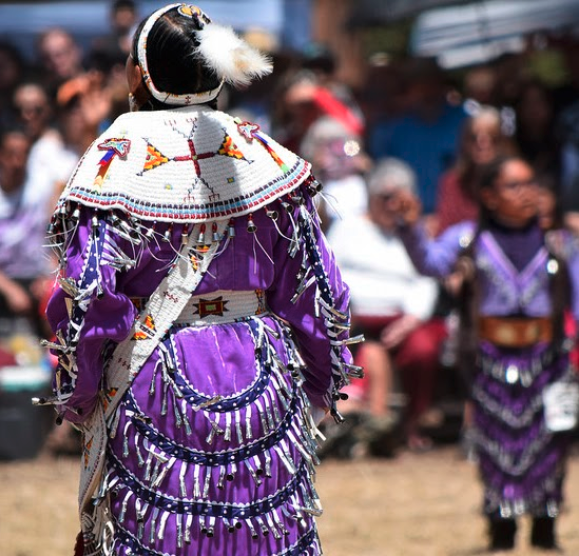
Family Resources
How Children Understand Cancer
Common cancer terminology for caregivers and survivors- a starting place to learn about cancer and treatment
Caring for the caregiver– Native Women’s Wellness
Caregiver Tips: Fact sheet from CancerCare.org
HIPAA: Sharing your health information with friends and family
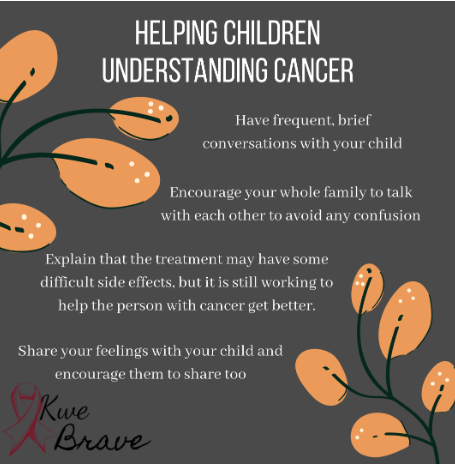
Survivorship
Life after Treatment for Native Americans
Metastatic Breast Cancer Navigator -Young Survival Coalition
Sex and Intimacy after a Cancer Diagnosis
- Relationships and Intimacy: Living Beyond Breast Cancer
Pain Management – integrative medicine: https://www.michigancancer.org/PDFs/Resources/ManagingPainAfterCancerDiagnosis.pdf
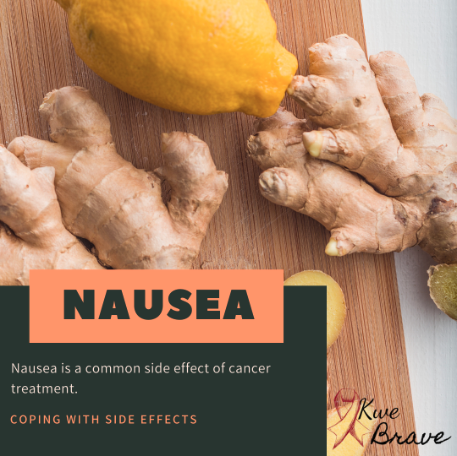
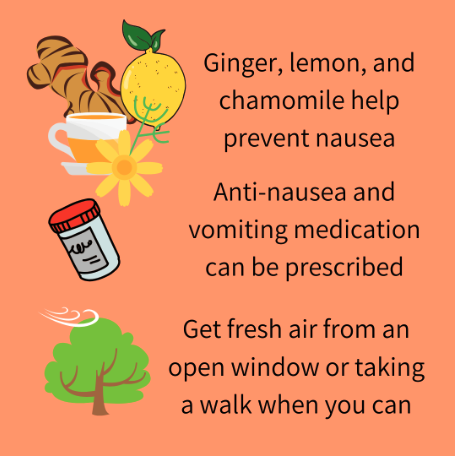
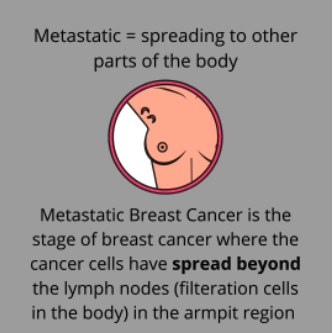
Breast Cancer in Native American women
Native American women tend to experience more severe forms of breast cancer and are often diagnosed in later stages than other racial/ethnic groups. Women who feel supported and comfortable seeking care have better outcomes for breast cancer. The Kwe Brave campaign aims to provide breast cancer risk education and resources for young Native American women.
http://keepitsacred.itcmi.org/wp-content/uploads/2015/06/Breast-cancer-in-AI-AN-NNN-webinar.pdf
Young Breast Cancer is defined by anyone who has been told they have breast cancer under the age of 45.
See our info page for Native YBCS linked above.
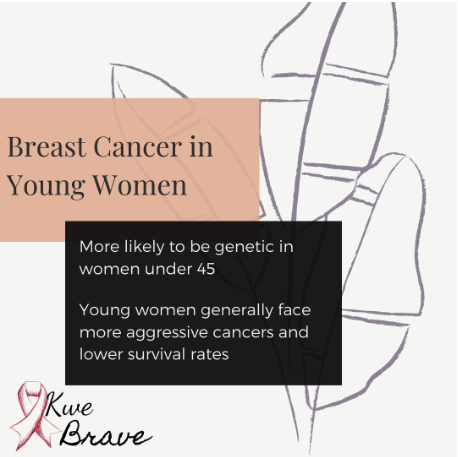
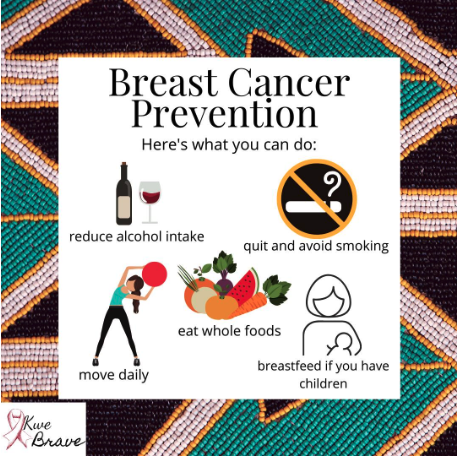
Digital Stories
Screening and Navigation
Tribal Health Centers
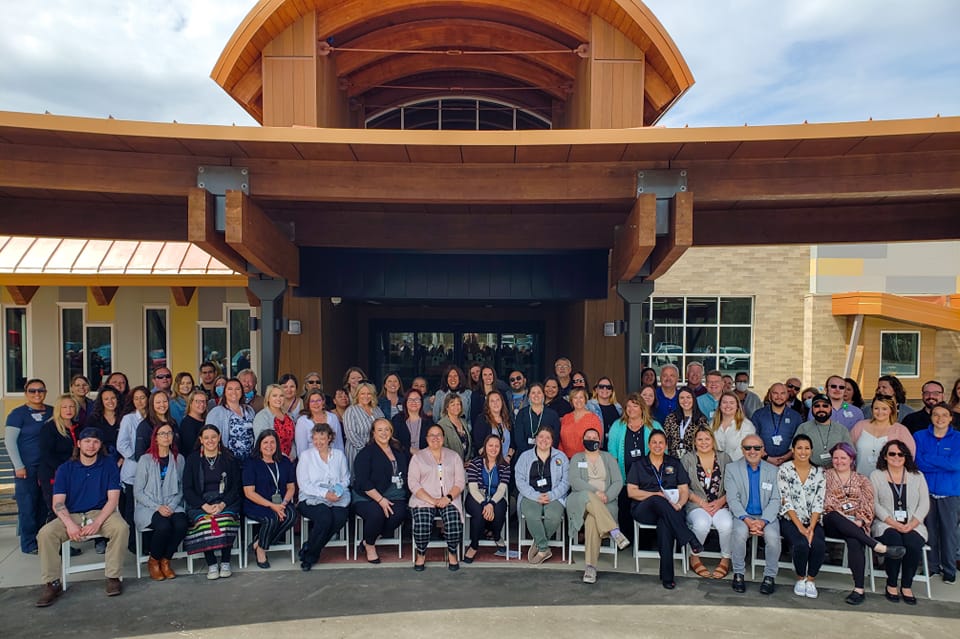
- American Indian Health and Family Services – Detroit:
http://www.aihfs.org/ - Bay Mills Health Center:
http://www.baymillshealthcenter.com/ - Grand Traverse Band of Ottawa and Chippewa Indians Health Center:
http://www.gtbindians.org/healthclinic.asp - Hannahville Indian Community Health Center:
http://www.hannahville.net/services/hannahville-department-of-health-and-human-services-business-office/ - Keweenaw Bay Indian Community Health Center:
https://www.kbichealth.org/ - Lac Vieux Desert:
http://www.lvdtribal.com/ - Little River Band of Ottawa Indians Health Center:
https://lrboi-nsn.gov/membership-services/health-services/ - Little Traverse Bay Bands of Odawa Indians
http://www.ltbbodawa-nsn.gov/Health/HealthDept/Clinic.html - Match-E-Be-Nash-She-Wish Band of Potawatomi Health and Human Services:
https://gunlaketribe-nsn.gov/departments/health-human-services/tribal-health-center/ - Nottawaseppi Huron Band of the Potawatomi Health Center:
https://www.nhbpi.org/health-and-human-services/ - Pokagon Band of Potawatomi Health Center:
http://www.pokagon.com/government/departments/health-services - Saginaw Chippewa Indian Tribe Health Center:
http://www.sagchip.org/nimkee/#.V8m1K_krJD8 - Sault Tribe Health Center:
http://www.health.saulttribe.com/
Health Ed - Highlighted Resources
Health Ed – Highlighted Resources
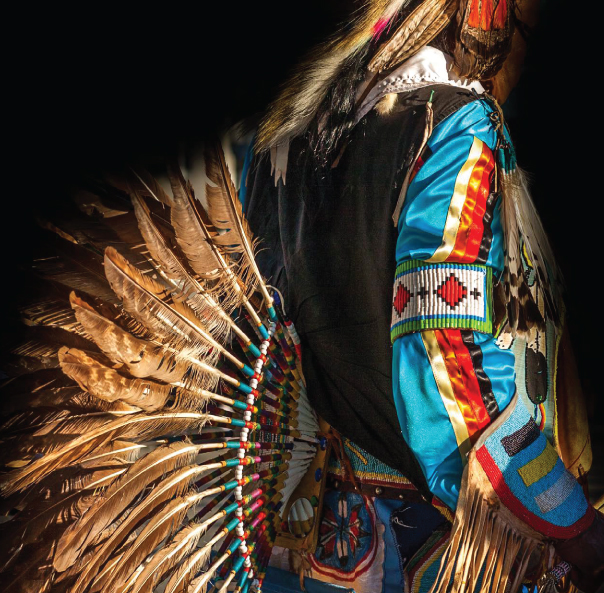
Health Risk Behaviors Among Native Americans in Michigan
This report presents estimates from both the 2017 Native American BRFS (NaBRFS) and the State of Michigan 2017 BRFSS (MiBRFS). When possible, comparison charts will be included to highlight health disparities.
The NaBRFS is one of the only sources of state-specific, population-based estimates of the prevalence of various health behaviors, medical conditions, and preventive health care practices among Native American Michigan adults. The survey findings can be used by Tribal agencies, public health agencies, academic institutions, nonprofit organizations, and others to develop programs that promote the health of Native American Michigan citizens.
The results from the 2017 NaBRFS presented within this report have been weighted as described in the methods section and can be interpreted as prevalence estimates among the Michigan Native American adult population.
Health Ed - Highlighted Resources
Commercial & Traditional Tabacco

American Indian Commercial Tobacco Program (AICTP)
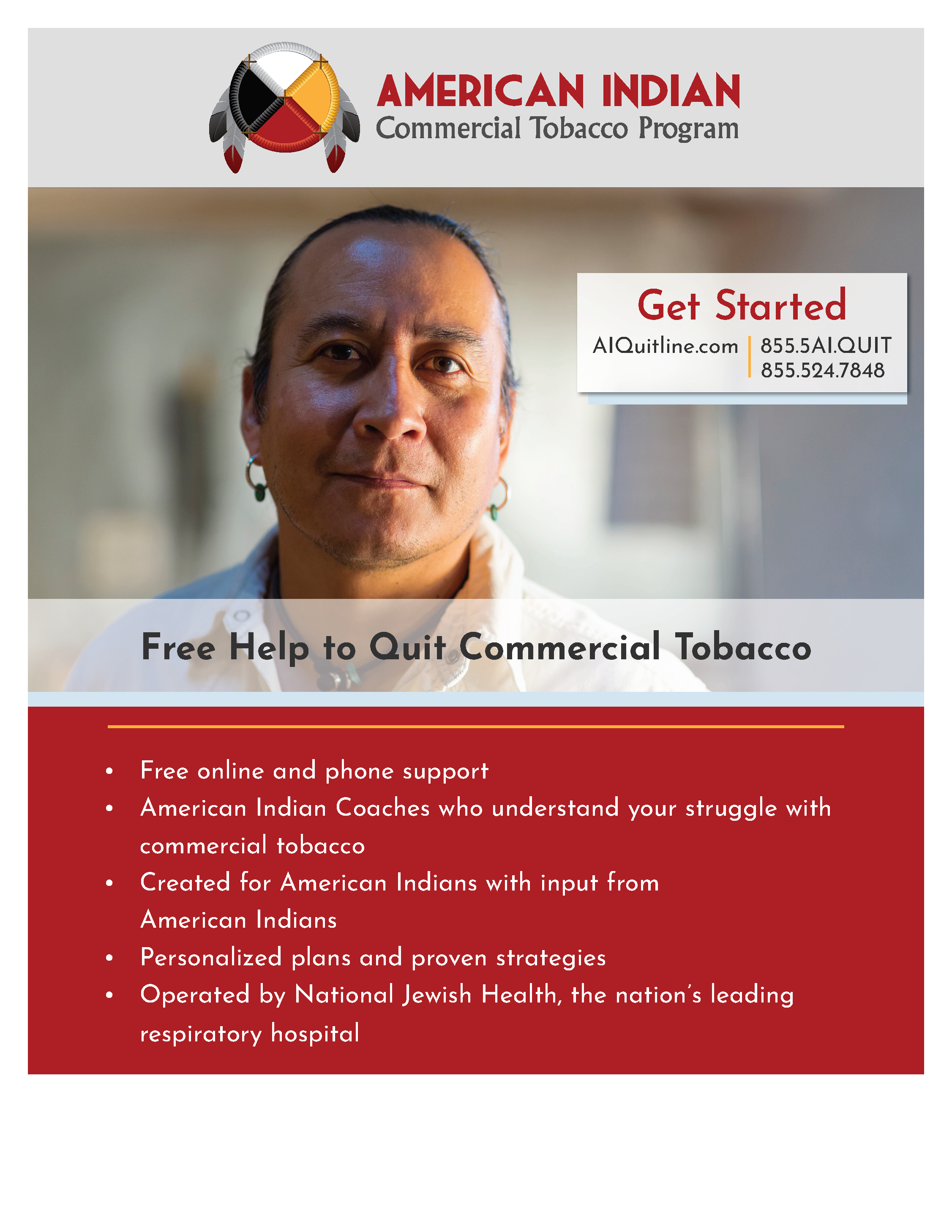
The American Indian Commercial Tobacco Program (AICTP) is LIVE and ready to use!
Call today to receive free, culturally-tailored help, including:
- Up to 10 coaching calls per quit attempt with a dedicated Native coach.
- 8 weeks of nicotine replacement therapy with combination medication as an option.
- Focus on commercial tobacco use.
- Open to men, women, and elders of all ages and tribal nations.
- AICTP Website: https://aiquitline.com/
- Download PDF Poster
For our future generations, call today!
855-5AI-QUIT
HOURS
Monday – Friday: 9:00 a.m. – 11:00 p.m. Eastern Time
Saturday: 10:00 a.m. – 5:00 p.m. Eastern Time
Sunday: 10:00 a.m. – 6:30 p.m. Eastern Time
Frequently Asked Questions
Q. Can I call if I am pregnant?
A. Yes
Q. Can youth under 18 call the quitline?
A. Yes
Q. Can I call for help with smokeless tobacco?
A. Yes
Tobacco Screening Policy
Commercial tobacco use is a well known problem among Native American communities in Michigan. To help address this issue the Inter-Tribal Council of Michigan has worked to help address this problem in a number of ways including addressing tribal clinical policies.
Please see the following resources to learn more about efforts of work done at the clinical policy level in tribal sites in Michigan. These resources cover policy, signage, youth screening, using the CHANGE tool and communication campaigns.
National Native Network
We are a national network of Tribes, tribal organizations and health programs working to decrease commercial tobacco use and cancer health disparities among American Indians and Alaska Natives (AI/AN) across the U.S. We offer technical assistance, culturally relevant resources, and a place to share up-to-date information and lessons learned, as part of a community of tribal and tribal-serving public health programs.
We strive to decrease cancer-related health disparities among AI/AN communities and promote the roles of traditional tobacco and other traditional medicines and ways of living, improving public health while protecting tribal sovereignty and resiliency.
The strength of our Network lays in partnerships between Tribes and tribal, national, state, and local organizations across Indian Country. The Network is intimately connected to the communities we serve and brings a wealth of knowledge of culturally based approaches for commercial tobacco and cancer prevention and control.
The National Native Network is jointly funded by the Office on Smoking and Health (OSH) and Division of Cancer Prevention and Control (DCPC) under Cooperative Agreement # 1U58DP004979-01. The Network is administered by the Inter-Tribal Council of Michigan and directed by a board composed of four partner tribal organizations:
Visit our website for full information, resources, and social media links. Email us at nnn@www.itcmi.org for any questions.
Health Ed - Highlighted Resources
Anishinaabek Cooking Resources

Additional Resource
Healthy Cooking Anishinaabek Way Cookbook
Included below is a collaborative collection of recipes, cooking videos, and other healthy nutrition materials titled Anishinaabek Cooking Resources (ACR). The ACR cooking video and recipe content was created by the Inter-Tribal Council of Michigan and participating tribes through support from its Michigan Tribal Food Access Coalition and Walmart Healthy Native Foods Projects.
The Anishinaabek Cooking Resources are packaged into a series of 12 monthly PDF sets which include links to cooking demonstration videos, recipes, and nutrition education resources. Each recipe demonstration promotes the use of healthy ingredients which are traditional to Michigan Native Americans, many of which are available at local grocery stores, farmer’s markets, or through Food Distribution Program on Indian Reservation (FDPIR) programs.
The educational resources which accompany each video link include handouts on Anishinaabek culture through the 13 Moons Anishinaabe Nutrition project and nutrition information and cooking tips provided by the 2020 Academy of Nutrition and Dietetics.
We hope that everyone will enjoy our ACR Cookbook and the delicious health-giving recipes within.
Powered By EmbedPress
